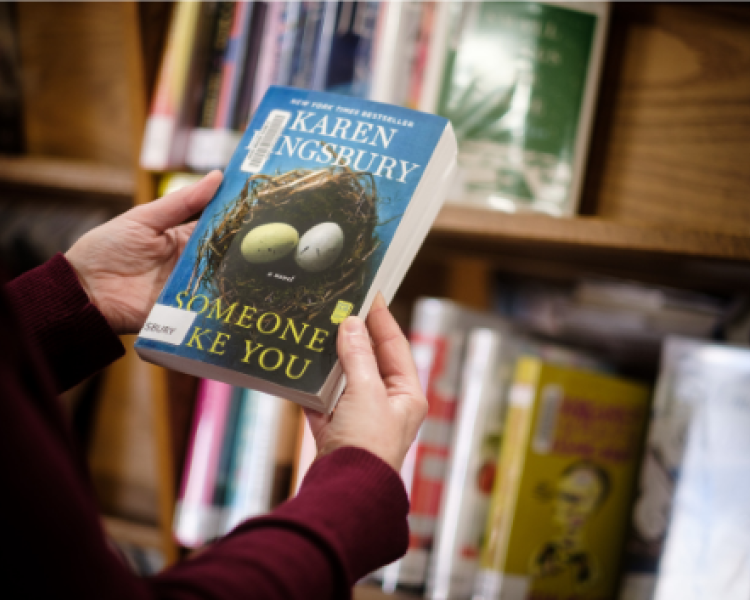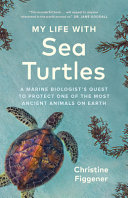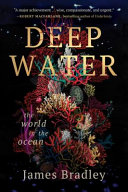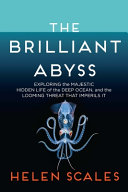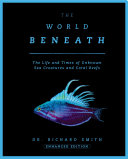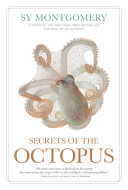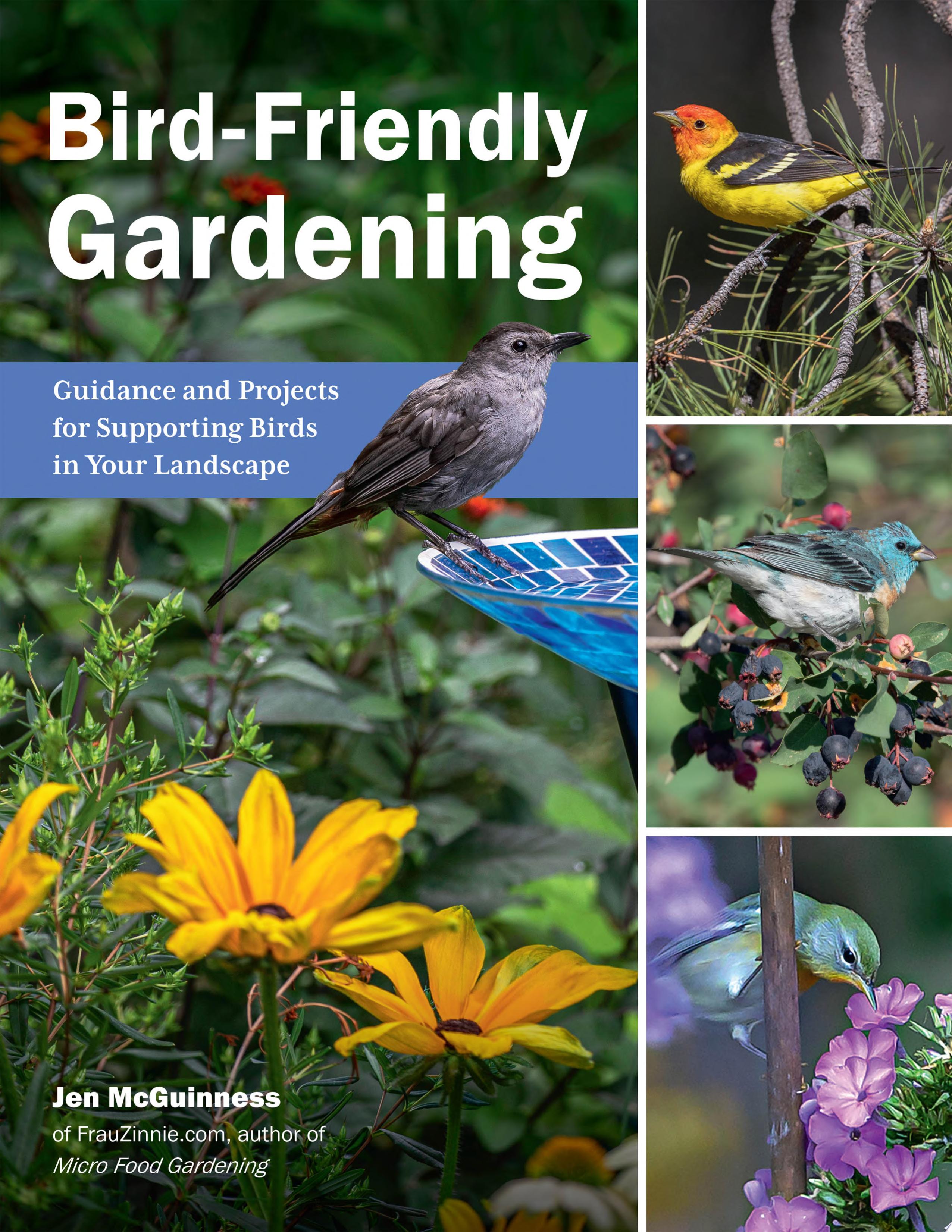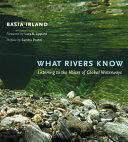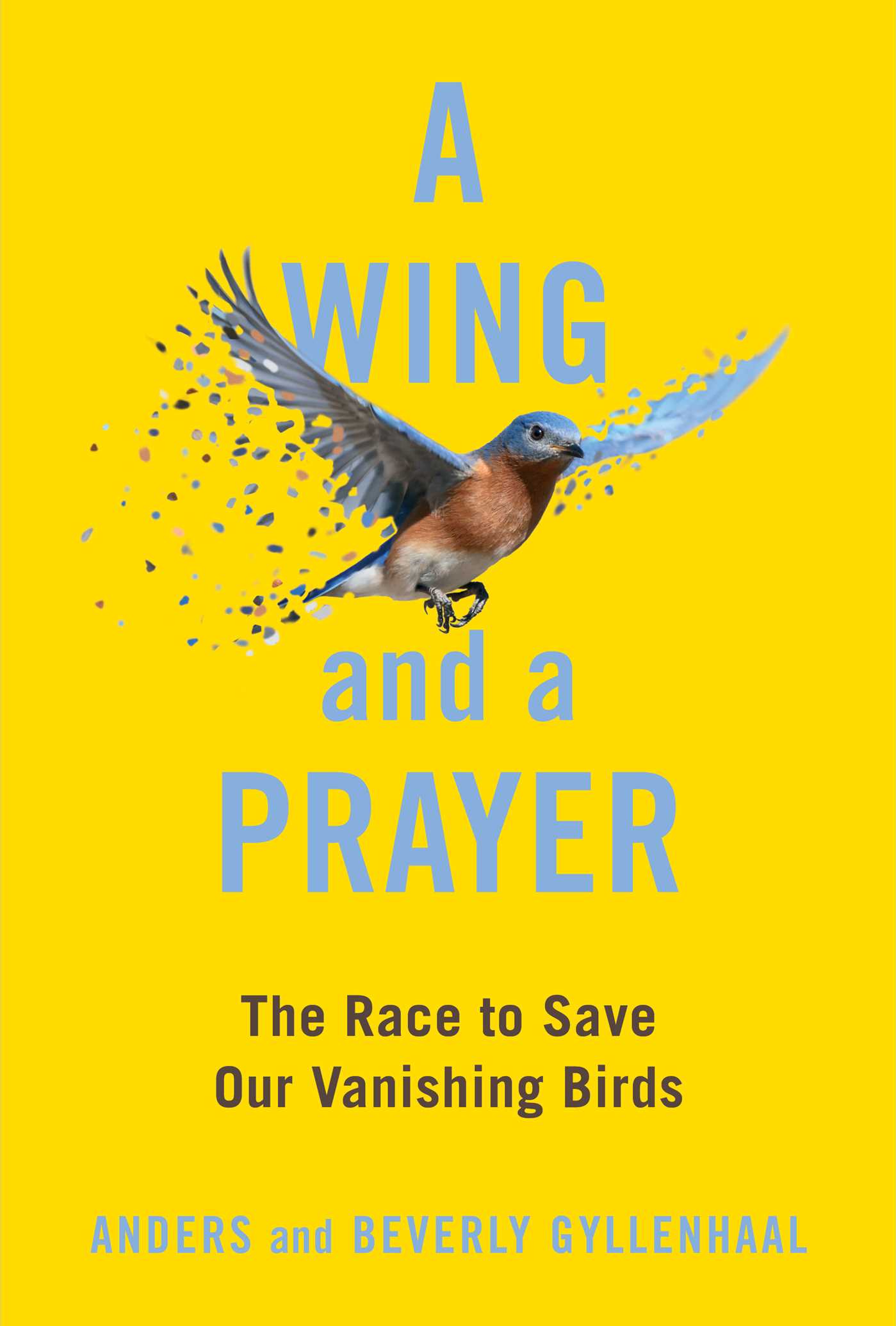
About Adult Services
Looking for a great book, information on how to start a business, or community information? Begin here! Our team of Adult Services Librarians can assist you with our wide range of research tools, guide you through our collection, and help you find adult programs like concerts and technology classes. No matter what you’re hoping to learn, begin here!
If you have a question about our services for adults, you can get in touch by:
- Submitting a question from our Contact Us page
- Calling the Reference desk at 309-732-7341
- Using the "Chat" button on our website
Adult Events
Escape to Book Island Winter Reading Challenge
Escape to Book Island Winter Reading Challenge
Tired of winter? Escape to Book Island with our tropical-themed winter reading challenge! Imagine yourself reading on a beach and escape winter!
Coffee & Conversations
Meet neighbors and create community at Coffee & Conversations every 2nd and 4th Thursday of the month at the Southwest Library! Coffee, light refreshments, and optional activities will be provided.
Sew Much Fun
Expand your sewing knowledge by using a sewing machine to make a simple tote bag. Attendees will learn how to read a pattern, cut fabric, sew straight seams, press fabric, pin, and finish a versatile, reversible, tote.
Escape to Book Island Winter Reading Challenge
Escape to Book Island Winter Reading Challenge
Tired of winter? Escape to Book Island with our tropical-themed winter reading challenge! Imagine yourself reading on a beach and escape winter!
Adult Knitting Circle
Calling all yarn enthusiasts - we would love for you to join our Adult Knitting Circle!
Drop-in Computer Skills & Job Search Assistance w/ Goodwill of the Heartland
Drop-in Computer Skills & Job Search Assistance w/ Goodwill of the Heartland
Looking for assistance with computer skills and searching for jobs?
Midtown Readers Book Club
Join us as we discuss Horse by Geraldine Brooks! Reserve a copy through our library system HERE.
Disclaimer(s)
Accessibility
The library makes every effort to ensure our programs can be enjoyed by all. If you have any concerns about accessibility or need to request specific accommodations, please contact the library.
"Deacons for Defense" - Remembering Black History
"Deacons for Defense" - Remembering Black History
Remembering Black history.....
Silent Book Club®
Looking for a book club with no assigned reading or focused discussions? Then joining our Silent Book Club® may be for you!
New York Times

JobNow

Resume and interview skills, templates, live help, resume feedback. Adult Learning Center - practice tests for civil service, GED, citizenship; skill improvement, technical training.
Novelist Plus

The readers tool. Find titles in series, authors, audiobook narrators, or books that are like your favorites. Fiction & nonfiction.

